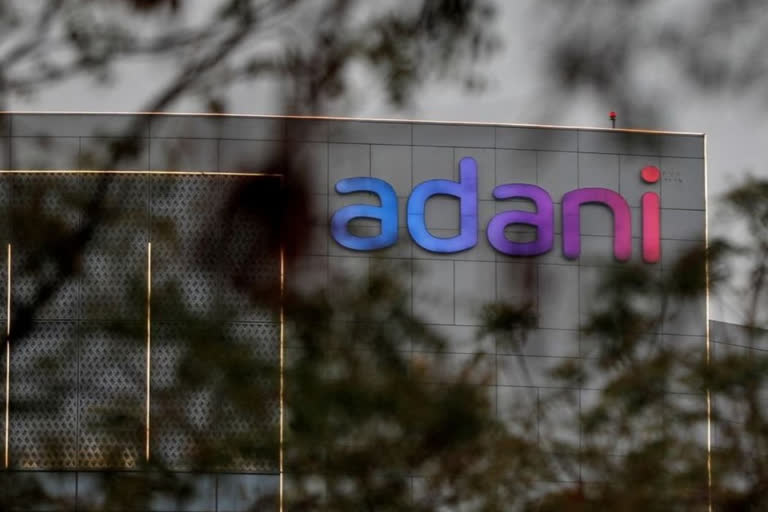New Delhi :Market regulator SEBI has told the Supreme Court that it is inquiring into allegations made in the Hindenburg report against the Adani Group as well as the market activity immediately preceding and post the publication of the report to identify any violations of its regulations.
It has also told the apex court hat it has a robust set of frameworks and market systems to ensure seamless trading and deal with the volatility in stock exchanges, while asserting that developed securities markets world over recognise short selling as a legitimate investment activity.
The Securities and Exchange Board of India (SEBI) on Monday filed the 23-page written note before a bench headed by Chief Justice DY Chandrachud, which was hearing two PILs relating to the recent Adani Group shares crash, and said it was already enquiring into both, the allegations made in the Hindenburg report as well as the market activity immediately preceding and post the publication of the report, to identify violations of SEBI Regulations...short selling norms, if any.
Asserting that the recent impact on the securities market due to the Adani Group shares crash did not have significant impact, the regulator said, Indian markets have seen far higher turbulent times in the past, especially during the Covid pandemic period, where Nifty fell by around 26 per cent during the period of March 2, 2020, till March 19, 2020 (13 trading days). In view of the heightened market volatility, SEBI, on March 20, 2020, reviewed its existing market mechanisms and introduced a few changes.
The SEBI said as the matter was in early stages of examination, it may not be appropriate to list details about the ongoing proceedings at this stage. While listing out available legal and other frameworks to deal with wrong-doings in the securities market, it said, SEBI has a robust set of frameworks and market systems to ensure seamless trading and settlement including frameworks for volatility management and restrictions on short selling including by foreign institutions.
It gave the details as to what constitutes short selling and said the country follows the policy of regulated short selling and has framed its regime accordingly. Short selling usually involves investors borrowing shares and selling them, expecting to buy them back later at a lower price before returning them to the lenders and making profits on the difference between the higher sale price initially and the lower purchase price subsequently, it said.
Securities market regulators in most countries, and in particular, in all developed securities markets, recognise short selling as a legitimate investment activity. Such jurisdictions also have an active market for equity derivatives which includes stock futures. "Thus, in all major jurisdictions, instead of prohibiting short sales per se the regulators have permitted it to take place within a regulated framework. The International Organisation of Securities Commissions (IOSCO) has also reviewed short selling and securities lending practices across markets and has recommended transparency of short selling, rather than prohibiting it, it said.
